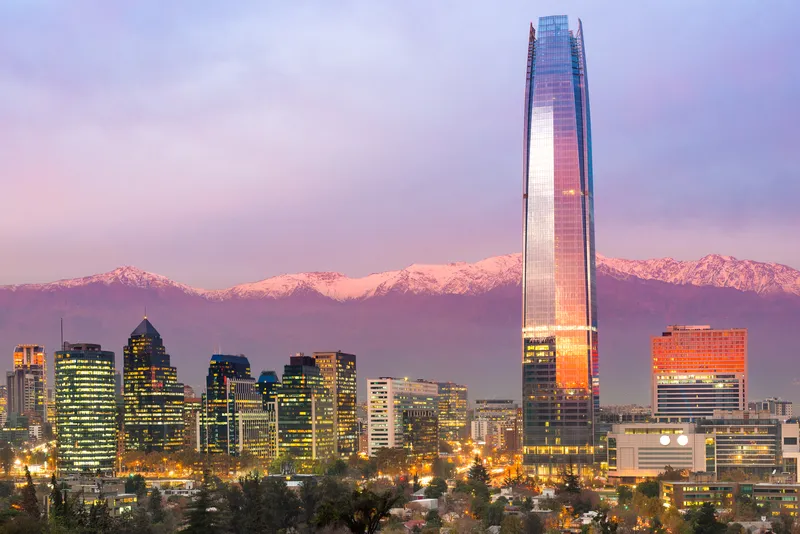Kapsch TrafficCom recorded a turnover increase from €388.66 million (US$476.75 million) in the 2010/2011 business year to €549.9 million in the 2011/2012 business year. Net profits decreased three per cent to €27.5 million and Ebit decreased 13.6 per cent to €42.2 million.
July 19, 2012
Read time: 1 min
The company reported major contracts wins in Russia and the US in this business year, which will keep it on course for growth in electronic toll collection but the decrease in Ebit was due to project delays in South Africa and Poland.
Kapsch Group also recorded a turnover increase, with a 19 per cent rise to €984.1mn, 55 per cent of which came from TrafficCom. Some 26 per cent of the group's sales were achieved in Austria.










